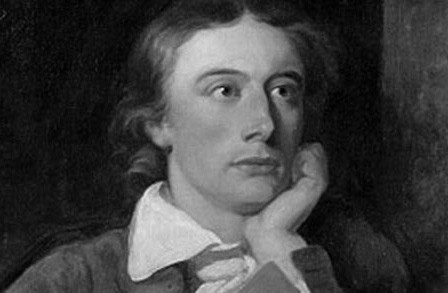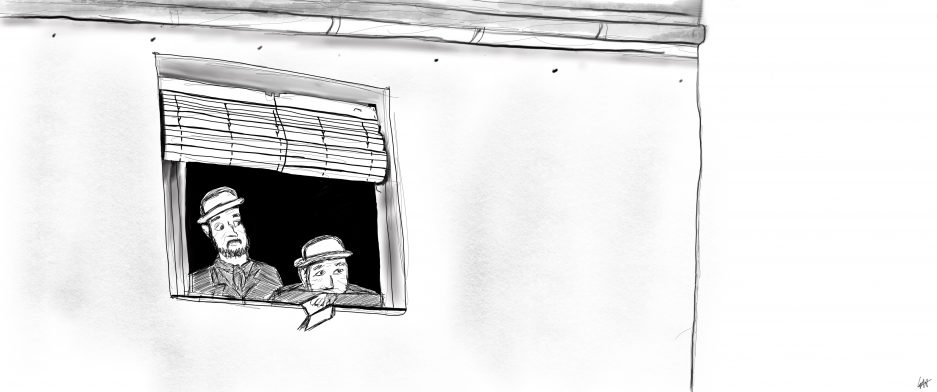
Any person will probably be able to tell you they’ve had an idea for a story, perhaps in the form of a poem, a screenplay or theatre script, that has been nestled in their mind for years, even decades. It’s evolved, it’s decayed, it’s been mentally tweaked and shaped by years of thinking. However, any person will also tell you they’ve not got round to penning it. We know we should, it could be the next best seller, it could bring joy, entertainment and hope to others, but we’ll never know until it’s down on paper.
John Keats, in the title poem, is like most writers. He yearns to write everything down, all of his ideas, all of his thoughts, to reach success before he dies. Of course, Keats had every reason to fear an early death, losing both of his parents at a relatively young age and his younger brother, too.
Now, the poem itself it outstanding. I love the images of his pen extracting these ideas, harvesting them from his brimming brain. His metaphor, “to trace / [The] shadows” of the beautiful, mysterious aspects of nature, is perfect, vivid and wonderfully ambitious.
However, what makes this poem special, for me, is how is encompasses his life. The real tragedy of John Keats is, when he knew he was dying (which itself is tragic, being only 25), he was utterly convinced he had no legacy to leave behind. In his letter (February 1820) to Fanny Brawne, he wrote:
“I have left no immortal work behind me – nothing to make my friends proud of my memory – but I have lov’d the principle of beauty in all things, and if I had had time I would have made myself remember’d.”
He felt as if he didn’t quite fit in, too. Both Shelley and Byron, also second generation Romantics, acknowledged his work, citing it to be good, but he wasn’t taken that seriously due to his age. His expression, in his last letter to Charles Brown, “I always made an awkward bow,” is truly humble and embodies the full character Keats thought himself to be.
It’s the insecurities that make this poem so real. Keats surely had plenty of things he still hoped to write, but the poems he did get down will carry his flame and remain a prime example of how talented he was. If only Keats had known how well he had done, how his work is considered some of the greatest of all time. This poem portrays his person, where his mind was, how he felt, and that’s why it’s todays pick.
When I Have Fears That I May Cease To Be
When I have fears that I may cease to be
Before my pen has glean’d my teeming brain,
Before high pil`d books, in charact’ry,
Hold like rich garners the full-ripen’d grain;
When I behold, upon the night’s starr’d face,
Huge cloudy symbols of a high romance,
And feel that I may never live to trace
Their shadows, with the magic hand of chance;
And when I feel, fair creature of an hour!
That I shall never look upon thee more,
Never have relish in the faery power
Of unreflecting love;—then on the shore
Of the wide world I stand alone, and think,
Till Love and Fame to nothingness do sink.


Thank you for once again teaching me to appreciate these poems I wouldn’t have otherwise read & now understand a lot more about with the backstories provided!
http://www.maggyliu.com
LikeLiked by 1 person
Thank you for reading! Happy to know you’ve enjoyed them!
LikeLike
Reblogged this on Nothing Gilded, Nothing Gained–Where Past Meets Present at Middlemay Farm and commented:
Gratitude: Discovering wonderful blogs!
LikeLiked by 1 person
Thank you for sharing!
LikeLike
Thank you from a Keat’s lover (and graduate of Guy’s where his bust greeted us at the Medical School Doors)
LikeLiked by 1 person
You’re welcome – thanks for reading!
LikeLiked by 1 person